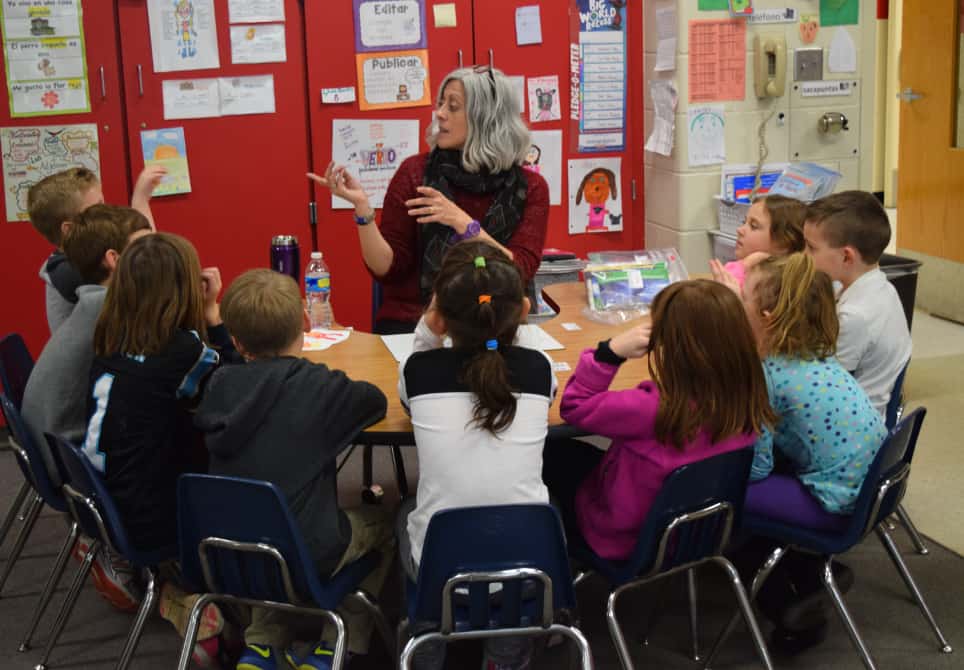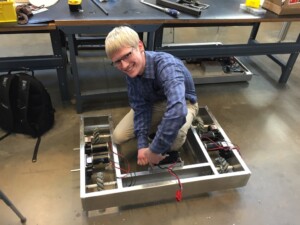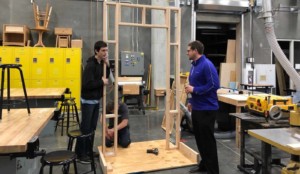When Professional Development is Just an Experience

By Katrina Keene, Education Strategist, Dell Education
Why are teachers so rarely asked for input?
As a former administrator with extensive experience in the classroom, I empathize with teachers whose professional opinions on education are far too often undervalued.
Decisions are sometimes made without the consideration of teachers — the people who experience the outcomes firsthand. Professional development is a powerful example, one in which teachers are expected to endure, but are rarely asked for their opinions.
Learning opportunities are thrown in front of teachers without giving them opportunities to plan or collaborate on what they truly want to learn about.
Leadership and Trust
How many leaders do you know who give you and other educators the power and authority to curate your own professional learning opportunities? Building a culture of trust and autonomy takes time, but must be accounted for if a school wants to move forward with a community of not only thinkers, but also teachers who desire to own their learning. Giving teachers a voice is often perceived by administrators as letting go of authority — however, it is truly a sign of respect, trust and engagement with teachers.
Capturing and owning a new culture or process is a scary but imperative part of offering a voice to those who are part of a mission. Effective professional learning opportunities are ones in which educators learn to articulate what they want to get out of the experience, as well as drive their own engagement in the process.
Teachers, rather than the administrator, will hold themselves accountable and show genuine advancement through classroom application. When long-term goals, such as teachers owning and creating their own professional development opportunities, are joined with a new and effective culture, short-term goals of traditional professional development naturally become secondary to more innovative learning practices.
Unlocking Your Potential
The key to success is embedded in a larger vision surrounding teacher voice, culture and re-branding of what professional development opportunities should look like. That powerful key is in your hand as the administrator — just unlock the door.
This post is part of a blog series titled “Professional Development: Learning Through Collaboration” produced in partnership with VIF International Education (@vifglobaled). Join the conversation on Twitter using #collaborativePD. For more, check out Professional Development: Learning Through Collaboration and:
- Giving Teachers The Freedom To Fail
- What Does Effective Educator PD Look Like?
- 8 New Ingredients for Innovative Professional Development
- A New Model for Professional Development
Katrina Keene is an Education Strategist for Dell Education and former Director of Innovation at a college preparatory school. Follow her on Twitter: @teachintechgal.
Stay in-the-know with all things EdTech and innovations in learning by signing up to receive the weekly Smart Update. This post includes mentions of a Getting Smart partner. For a full list of partners, affiliate organizations and all other disclosures please see our Partner page.






Benjamin
How many leaders do you know who give you and other educators the power and authority to curate your own professional learning opportunities?
Or we could ask, "How many teachers know how to empower themselves through an understanding of their own personal learning network in ways that foster their own professional learning?" The leader's responsibility is to then facilitate this process of self-awareness towards interdependency.